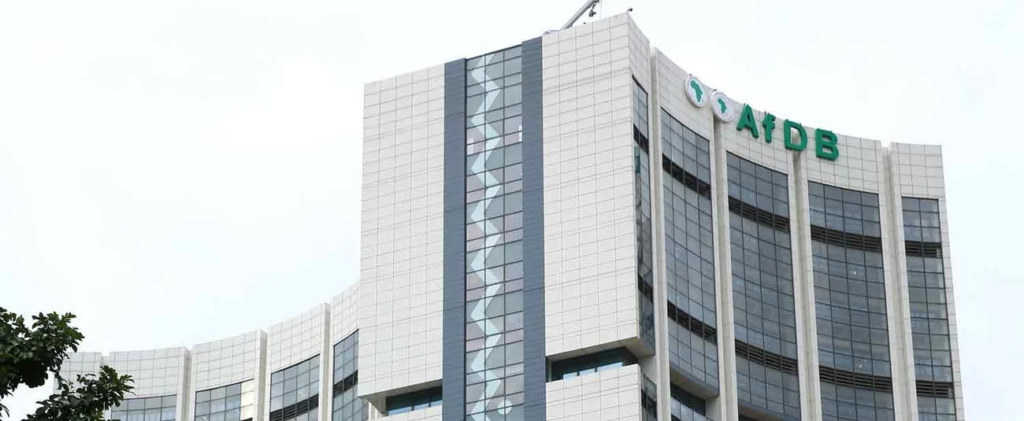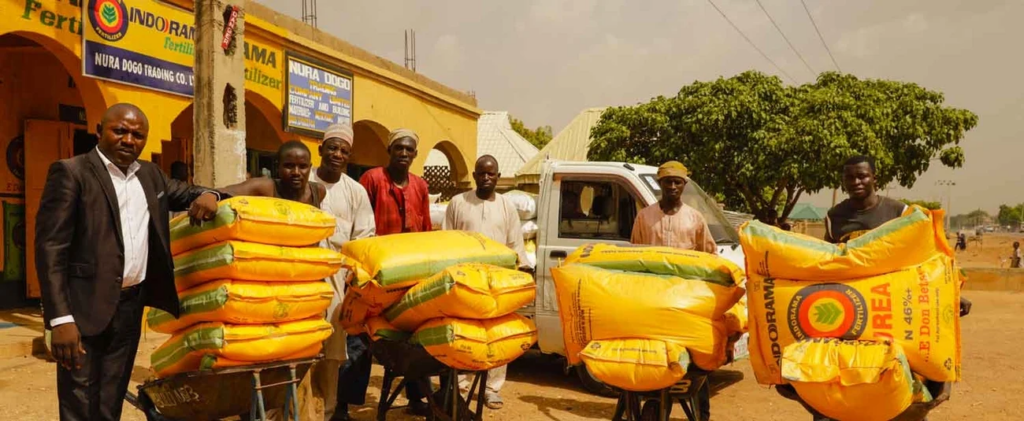
ARUSHA, Tanzania,15 June 2023-/African Media Agency(AMA)/—At first glance, the Arusha Technical College (ATC) easily enthralls visitors with its lush green spaces, complemented by white and mustard-colored buildings. In fact, beyond the greenery, the college located in Arusha’s central business district is also a growing hub for renewable energy studies, thanks to a regional skills development program.
It was here in January 2020, that Yohana Mawaka, 22, started pursuing his dream to become an electrical engineer. He joined the ATC for a three-year electrical and solar energy engineering course—a calculated choice—right after completing his form four studies at Mwageza Secondary School.
Currently there is heightened public awareness of the impacts of industrialization on the environment, even here in our country, and this has shifted energy demand, with renewable sources such as solar being much more preferred.
Yohana Mawaka
Now in his second year, he has already built a movable 24-voltage solar lantern system that can be used for basic domestic purposes such as lighting and charging phones. “In this course, we are equipped with practical skills, and everyone is encouraged to be creative. It has been very empowering,” he added.
ATC was not always a favored choice. Until recently, many students seeking higher education shunned the college as its traditional educational program was considered unsuited for the current industrial needs, and there was a lack of emphasis on practical skills provision. The college also grappled with a shortage of qualified teachers and modern training facilities and equipment. In 2019, ATC became one of the 16 competitively selected Regional Flagship TVET Institutes (RFTIs) in the $293 million East Africa Skills for Transformation and Regional Integration Project (EASTRIP). EASTRIP is a five-year World Bank financed operation being implemented in Ethiopia ($150 million), Kenya ($60 million), and Tanzania ($75 million), with $8 million going to the Inter-University Council for East Africa.
As part of his studies at ATC, Mawaka works at the decommissioned Kikuletwa Renewable Energy Training and Research Centre (KRETC), located in Hai district, about 70 kilometers from Arusha City. KRETC is currently being transformed into a regional center of excellence in renewable energy, with a focus on hydropower, solar, wind, and bioenergy, helping to draw many students like Mawaka closer to the realization of their dreams.
“This power plant will be dedicated to our capacity development objectives so that students are engaged in the daily operations of the plant,” said Mr. Sithole Mwakatage, the ATC Coordinator.
Tanzanian students who attain the right grades after their form four (O’ Level) exams have the automatic choice to continue and pursue their A’ Level studies and then continue to universities. However, the education system also offers the optional route of Technical and Vocational Colleges (TVET) like ATC, right after form four. Traditionally, students and parents preferred universities over TVET, but the situation is changing now as more TVET colleges are aligning their programs with the industry and labor market and witnessing positive impacts on their graduates.
EASTRIP, whose objective is to increase access and quality of TVET programs, is supporting three additional RFTIs in Tanzania in addition to ATC. It supports seven colleges in Ethiopia and five in Kenya. To access funds, the institutes are required to establish college-level Industrial Advisory Bodies, develop a five-year strategic investment plan, validate their curricula with industries, upgrade trainer and management capacity, and upgrade their training facilities.
With EASTRIP support, the 87-year-old KRETC is not only being repurposed, but its hydro-power plant is also being rehabilitated and will generate about 1.65MW of electricity upon completion later this year.
Like Mawaka, Lucas Nyambalya, 22, made a deliberate decision to take the TVET route. He joined the ATC in April 2021 after completing his form four and is also studying electrical and solar energy engineering.
“We have a well-equipped workshop with all kinds of tools to support our training. The teachers are effective and hands-on,” said Nyambalya. He has developed a portable high-capacity solar system that can charge phones and connect high-voltage household appliances like refrigerators and irons.
He added, “My plan is to have a company that creates bigger off-grid solar energy systems to help the rural population access energy that is clean and reliable.”
Through EASTRIP, KRETC has added classrooms and engineering workshops and equipped them with modern training equipment. KRETC is now providing training to more than 200 Tanzanian students, and it will soon have the capacity to take up to 645 students. Students from Kenya and Ethiopia will be able to join the campus soon as part of EASTRIP’s student mobility program. In addition, instructors at the allied colleges have also benefitted from programs to enhance their academic, technical, management, and pedagogical skills.
Strengthening enrollment to meet demand
Eleven million young Africans are projected to enter the job market every year, and not all of them arrive equipped with the skills that are needed on the market. A World Bank report in 2019 showed that about one-third of enterprises in Sub-Saharan Africa have reported the lack of skills to be a greater than-average obstacle to their business. “It is important to address the youth skills gap, especially in STEM fields, as this is critical to the government’s industrialization agenda,” says Nathan Belete, World Bank Country Director for Malawi, Tanzania, Zambia, and Zimbabwe.
Now in its fourth year of implementation, EASTRIP has registered an increase from 6,971 students at baseline in the allied colleges to 25,694 students (165%), surpassing the overall project target to enroll 20,000 students annually in both long-term and short-term training programs. With female students traditionally under-represented in STEM-related TVET fields, EASTRIP has successfully expanded female enrolment from 1,191 students at baseline to 6,025.
At ATC specifically, enrollment rose by 133% from 2,017 students in the 2015/2016 academic year to 4,693 students in 2021/2022. During this period, the number of female students rose from 389 to 769 students, a 98% increase.
Magreth Kulaya, a 22-year-old student who is in her final year of a diploma course in electrical and hydropower engineering at ATC is breaking many stereotypes, starting with the mentality that students who choose the TVET path are failures. The second is the notion that engineering is a challenging path for women.
“The tide is changing,” said Magreth. “Many students are realizing that when you pursue the TVET path you actually gain productive skills that you wouldn’t be able to achieve following the traditional path.” Magreth was inspired to choose the TVET route after a sensitization meeting held at her secondary school from which she says she got a better understanding of the programs. But, in addition, she had been impressed by how well some of her friends who joined TVET colleges after form four had progressed career-wise.
Dr. Musa Chacha, the rector at ATC, sees the attraction of unlikely candidates like Magreth as a reward for their advocacy efforts. He said, “In the past, students completing form four automatically chose to continue through the formal route, but soon after EASTRIP kicked off we undertook sensitization and advocacy campaigns around secondary schools to raise awareness on the potential and benefits of a TVET education. We also encouraged visitation to our colleges so people could see firsthand what goes on here.”
Distributed by African Media Agency (AMA) on behalf of The World Bank
The post Practical Skills and Hands-on Experience Mean Economic Transformation for East African Youth appeared first on African Media Agency.






